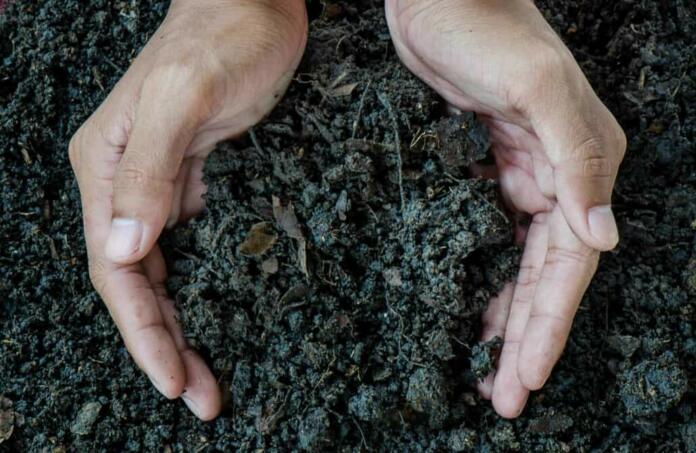THE need for sustainable, even biodegradable polymers – in particular for biodegradable adhesives and compostable glues – has never been greater.
Biodegradable adhesive systems now serve a wide variety of industries, from general packaging to the specialized medical sector.
Compostable adhesive – a type of biodegradable glue
The terms compostable and biodegradable are often considered synonyms. However, they are not. Biodegradable adhesives refer to glues that break down naturally, eventually. Compostable adhesives are also biodegradable, but they only deserve the title if they comply to a specific break-down process, and do such within a restricted period of time.
Compostable adhesives may break down in domestic or industrial conditions, depending on the adhesive formulation. They take much less time to break down into useful or harmless components than biodegradable materials generally do.
Benefits of biodegradable and compostable adhesive technology
Biodegradable adhesives, including compostable glue, first were available for a very few applications. However, their extremely green approach towards bonding encouraged the development of new systems, suiting an ever-increasing range of applications. General sustainability aside, biodegradable glues come with more benefits:
- No microplastic pollution: biodegradable adhesives consist of natural materials that do not lead to microplastic pollution at any stage of their lifecycle.
- Reduced waste processing costs: biodegradable glue breaks down into natural gases and biomass, which reduces waste processing costs. Waste processing does not involve hazardous chemicals. Compostable glue waste is especially economical to process. The breaking down is generally faster than with other biodegradable glue systems.
- Soil enrichment through waste: the products of breaking down compostable adhesive are suitable for enriching soil and so stimulate growth of plants. Other biodegradable solutions may not be harmful to the environment; however, they do not enrich the soil as effectively as compostable waste.
- Workplace safety: as biodegradable adhesives are free of hazardous substances, applying the adhesives is safer than when working with other adhesives.
- Accordance with environmental planning: for example, the UK Plastics Pact requires all plastic packaging to be reusable, recyclable or compostable by 2025. Other similar acts exist and their number is constantly on the rise.
Next to the benefits that lead to reduced environmental impact, biodegradable and compostable adhesives also offer great business opportunities. This especially for adhesive manufacturers and users. Green products are an ever-growing trend, and demand increases by the day. This leads to greater need for both the adhesives and products which use the adhesives.
Examples of biodegradable glue and compostable adhesive systems
In continuous development, biodegradable glue systems become available for more and more applications. The hottest topics of the moment that involve biodegradable glue or even compostable adhesive systems include the following.
- Hot melt adhesives: especially the packaging industry currently benefits from biodegradable hot melt systems which guarantee an efficient process and a 100% green solution.
- Heat seal adhesive: again beneficial to the packaging industry, heat seal adhesives ideal for paper and biofilm applications can be biodegradable.
- PSA adhesive: compostability can be integrated into pressure sensitive adhesives which allow for applications on tape and labels.
Biodegradable adhesive allows for food packaging material to be converted into biomass and CO2.
How biodegradable glue works
The molecular structure of biodegradable adhesive systems resembles that of natural polymers. However, micro-organisms – such as bacteria – break down the biodegradable materials, hence the name biodegradable. These adhesives exist as liquid solutions and hot melt solutions. Micro-organisms use enzymes to break down the adhesive into carbon dioxide, water and biomass.
As mentioned, to deserve the title ‘compostable’, the adhesive must break down within a specific period of time and under specific conditions, in either domestic or industrial processes. Unsurprisingly, of the two, the industrial one is far more common among compostable glues. Either way, the resulting products of both processes are beneficial, as they can be used for enriching soil, i.e. as compost.















